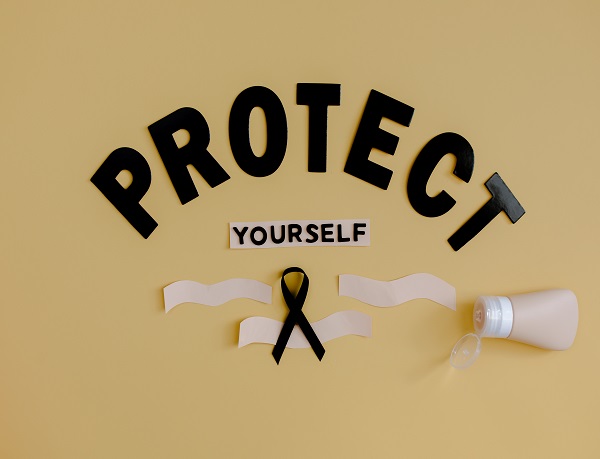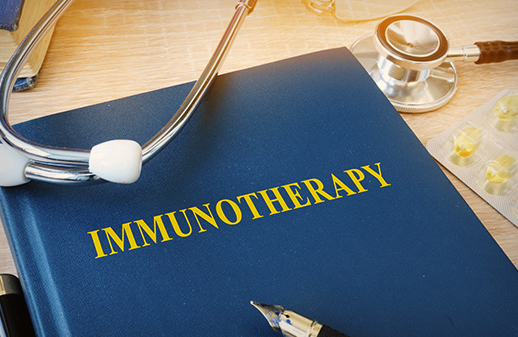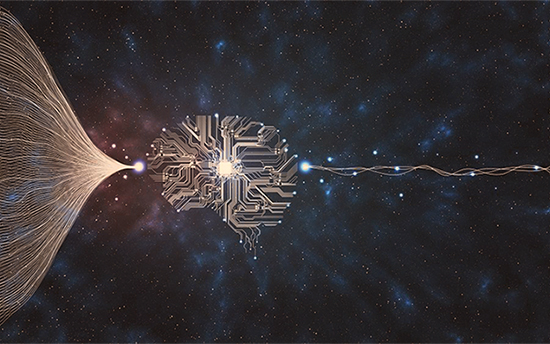This site has been optimised for the best experience on portrait mode, please rotate your device to continue.
Myths About Cancer Care, Debunked

- There is plenty of information about cancer care, treatment, diagnosis, and related topics all over the internet and other information sources – mostly generic, hearsay and not backed by scientific evidence, and written by people who are not medical experts. A plethora of myths and misconceptions surrounding cancer create unnecessary panic, anxiety and worry among patients and their family members and prompt them to follow incorrect advice, with potentially harmful and even fatal consequences.
To put you at ease, here are some myths surrounding cancer that that have debunked for you!
1. Cancer is a death sentence
One of the most common myths around cancer care is that it can only end in death. This is, as you may have guessed, completely false. Due to recent advances in medical and surgical care, cancer treatments and drugs, the 5-year survival rate for all cancers combined stands at 67%!
However, due to prevailing misconception about the fatality of cancer, most people panic when they are diagnosed with cancer. One must, however, remember that cancer is not a death sentence and depending on multiple factors, many effective treatments are available today that can help improve your prognosis and even cure cancer in many cases.
2. Eating sugar causes cancer to grow
If you have been looking up cancer diets, chances are that you may have come across information like ‘eating sugar causes your cancer to grow.’ Though research is still underway to study the relationship between cancer growth and sugar intake, preliminary data suggests that sugar does not cause cancer growth.
It is true that all cells in the body, including cancer cells require sugars (glucose) to grow and multiply, eating a high-sugar diet does not cause them to grow faster nor does depriving them of sugar causes them to grow slowly.
However, it is also important to note that increased sugar consumption can put you at risk for certain types of cancers like esophageal cancer and other lifestyle conditions like diabetes and obesity.
3. A lump in your breast is always breast cancer
There are lots of breast cancer awareness campaigns running across the world. One of the first things you think of when you read ‘breast cancer’ is ‘lump,’ isn’t it? Well, you are not alone! A large majority of the population associates breast lump with breast cancer. But here is what you should know– not all breast lumps are cancer. In fact, only a small percentage of breast lumps turn out to be cancerous. Other breast lumps are usually cysts or benign growths.
4. Pregnant women cannot get cancer treatment
With newer medical advances, there is cancer treatment available for everyone, including pregnant women! Do not believe if someone tells you pregnant women cannot get cancer treatment. There are many treatment options that can be offered to pregnant women who need cancer treatment and care.
Pregnant women who are experiencing signs and symptoms of suspected cancer must consult their doctor immediately since prompt and early medical care can ensure better outcomes for the mother and the child.
5. Cancer is contagious
A very prevalent misconception about cancer is that it is contagious i.e., it can spread from one person to the other. Cancer is not contagious. Touching someone or coming in close contact with someone who has cancer cannot cause the disease to spread to you.
Cancer is a term given to abnormal and uncontrolled growth and multiplication of cells in the body. Some viruses like the Human Papilloma Virus (HPV) and Hepatitis B and C increase one’s risk of developing cancer. These viruses, however, are contagious. For example:
● Human Papilloma Virus (HPV) is transmitted sexually and is a known cause of cervical cancer.
● Hepatitis B or C is also transmitted via sexual intercourse or the use of infected needles and is a known contributing factor for liver cancer.
6. Herbal medicines can cure cancer
Many alternative treatments, including herbal medicines, claim that they can cure some or all types of cancers. However, it is dangerous to believe these claims as many herbal products can interfere with cancer treatment, chemotherapy drugs and affect the prognosis of your ongoing cancer treatment.
If you have any queries regarding herbal medicines and their effect on cancer treatment, speak with your doctor about it. Do not take any herbal medicines or alternative treatments without discussing them with your healthcare team.
7. I have no family history of cancer, so I will not get cancer
Having a family history of cancer surely puts you at a greater risk for developing cancer during your lifetime. However, this does not mean that having a family member who has suffered with cancer guarantees you will get cancer in your lifetime.
Similarly, not having a family history of cancer does not mean that you will not get the disease. According to the latest studies, around 38% of people get diagnosed with cancer in their lifetime, and this is primarily due to genetic changes that occur during one’s life due to exposure to environmental factors, stress, diet, lifestyle, and habits.
8. Superfoods can prevent cancer
Diet plays a significant role in cancer development as well as prevention. Superfoods are a group of foods marketed as those that are rich in antioxidants and are believed to prevent diseases like cancer. However, this has not been proved yet. While a healthy, balanced diet can help reduce your cancer risk, no single food or group of nutrients can stop cancer development.
9. Cosmetics cause cancer
The cosmetics industry is an ever-growing one and every day you come across lots of information about how to take care of your skin, hair and more. A common myth that you may have come across is that using cosmetics causes cancer. Using cosmetics does not cause cancer in itself. As long as cosmetics are made from safe ingredients and undergo the required safety tests before they are sold in the market, they can be used safely without worrying about their carcinogenic effects.
Common cosmetic products that are blamed for being carcinogenic include deodorants, sunscreen, and hair dye. This myth came along due to the ingredients used in these products. As a consumer, it is important that one always uses a cosmetic product as per the manufacturer’s instructions. Before you pick a cosmetic product, always check for the presence of carcinogenic ingredients in them and see whether they have been tested by appropriate agencies for safety.
Key Takeaway!
It is natural for people to look for information about cancer. While it is good to stay informed and up to date, one must be careful about what one reads and believes. Believing myths and following inappropriate health practices can be dangerous to your health and affect your ongoing cancer treatment. If you have any queries, it is best to speak with your treating doctor and your healthcare team.
References:
Cancer Care That Benefits the Patient




